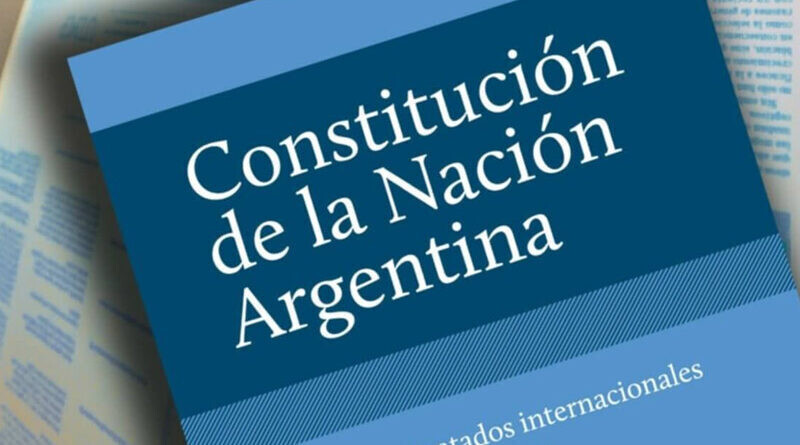
In the framework of the Argentine legal system in force as of March 2025, it is emphasized that the State has the responsibility to preserve its authority against any aggression that seeks to undermine it. Legally exercised repression is defined as the coercive application of legitimate force by the State to restore the disrupted order.
The Law of Internal Security reinforces that federal and provincial forces are authorized to intervene in cases of serious disturbances of public order or the commission of flagrant crimes, always under subsequent judicial control. State repression, far from being a political option, is considered a legal obligation when legality is breached.
In this context, the balance between freedom and order is positioned as the core of public security. The exercise of fundamental rights such as petitioning authorities, striking, and expressing social discontent are expressions inherent to a democratic and republican system that seeks to preserve the validity of the law and protect citizenship.
The intervention of the Security Forces against groups that violate the law, destroy public property, or physically attack law enforcement agents is justified as a fulfillment of the constitutional mandate to strengthen justice and consolidate internal peace. Repression must be proportionally firm and decisive when the level of social violence requires it, as the State has the duty to restore the broken order.
The federal penal code and current legislation support the need for regulated and legal state repression. The National Constitution establishes that no right can be exercised to the detriment of institutions, the rights of others, or in violation of laws that guarantee the harmonious functioning of the community. Social protest must be carried out peacefully and respecting the limits of the law and public order.














